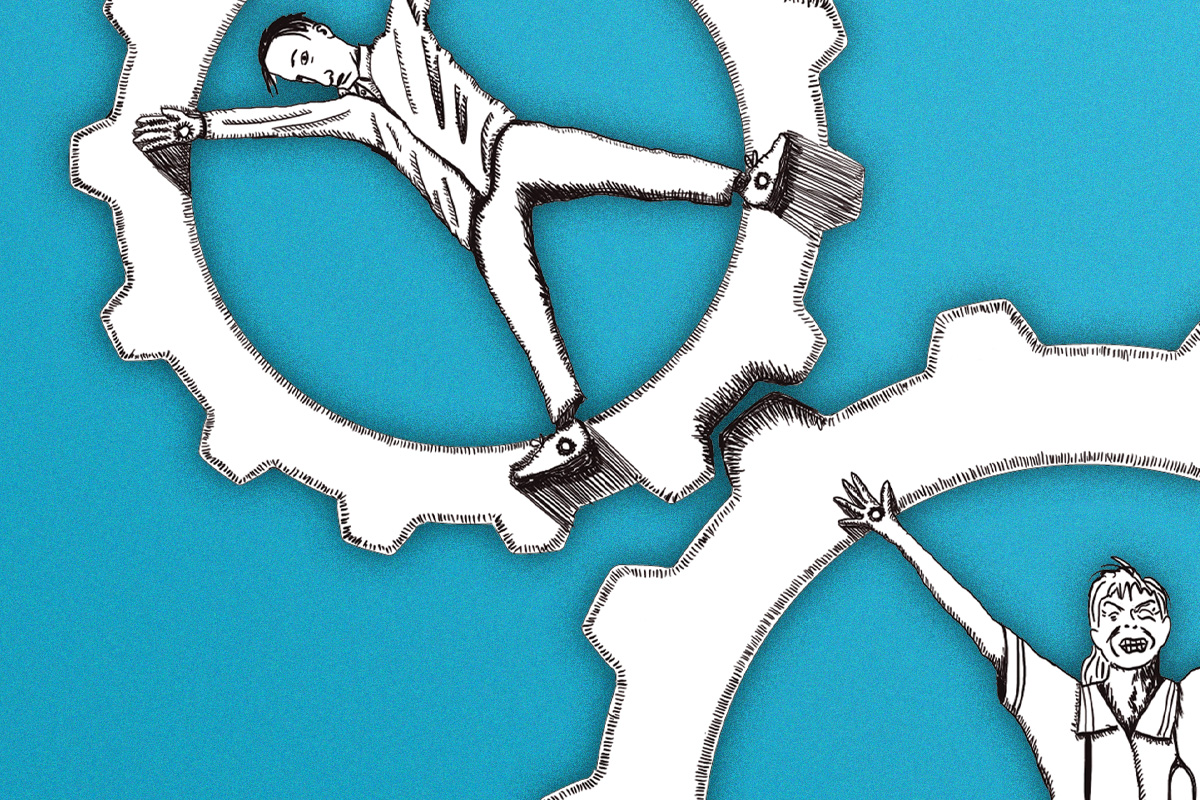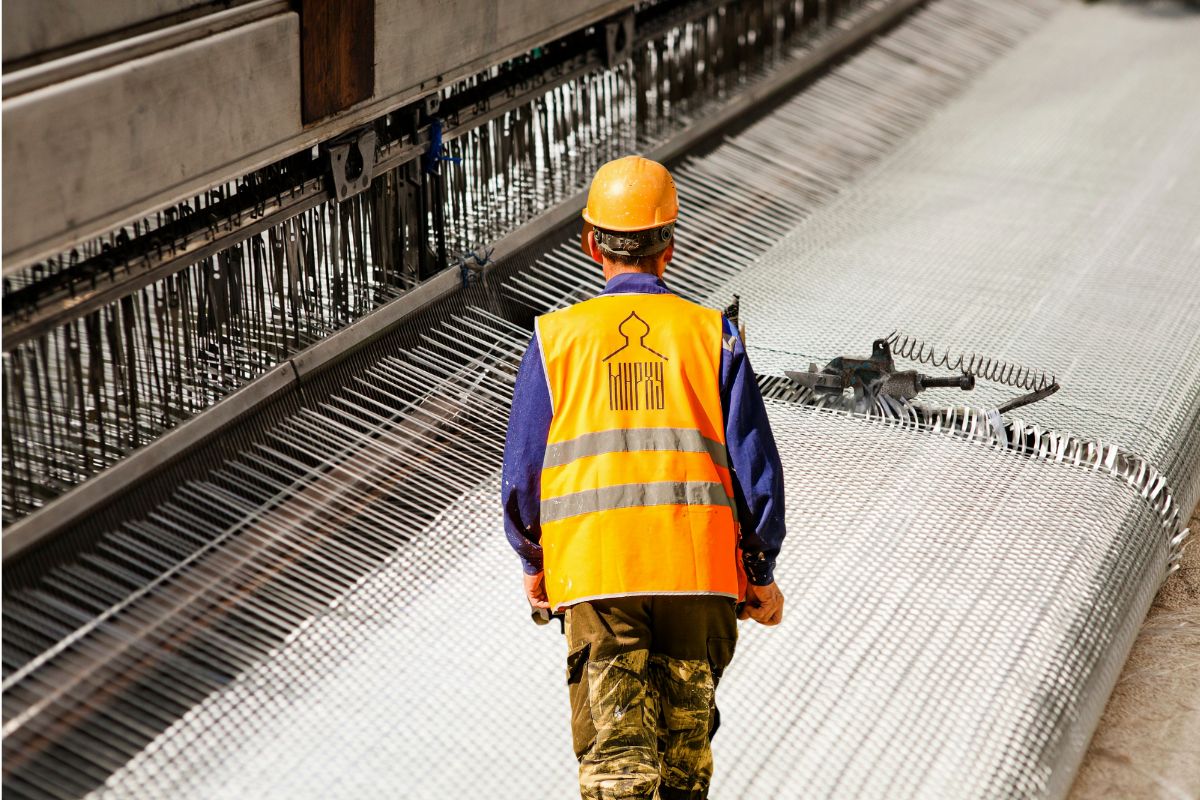Last week, Tube workers brought the London underground to a standstill for over 24-hours in the second display of militant action in as many months. Workers across four unions struck together, showing what can be achieved with unity in action.
Tube workers brought the London underground to a standstill in the second display of militant action in as many months. Workers across four unions struck together, showing what can be achieved with unity in action.
As to be expected, the Tories and their mouthpieces in the capitalist press tried to vilify the workers who were standing up for their rights and the safety of all Londoners. Nevertheless, the strike was “rock solid” according to the RMT, with all lines, depots and stations closed. Mayor Boris Johnson acknowledged that the start date for the introduction of night services could be postponed, indicating that the bosses are on the back-foot.
The 24-hour strike was the second in two months, as the TfL bosses refused to listen to workers’ concerns over safety, staffing levels, work-life balance, and pay. Tube workers have been forced into struggle, as TfL management attempt to push through plans for a new “Night-Tube” across large sections of the network. Although workers are not against the idea of 24-hour tube services, the bosses have had no regard for their existing terms and conditions, which are to be torn to pieces before their eyes. Workers are facing the prospect of unlimited night shifts, which will result in misery for thousands of Tube workers and their families.
At the moment, Tube workers are able to enjoy only one full weekend in four off work. The proposals by the management are to reduce this to one in seventeen – i.e. once in every five months. This is a kick in the teeth to those hoping to enjoy a semblance of work-life balance, and will particularly devastate those with families.
Lisa, an RMT rep on the picket line at a usually busy north London station, explained how, in addition, the bosses “want to cut almost 900 jobs, close all the tickets offices, put people on short term contracts, and cut rosters so that station safety will be at a bare minimum.”
“They call this a negotiation, but they’re not even consulting with us. They are just attempting to impose these changes on us wholesale, without listening to us at all”.
As Marx explained, under capitalism there is a constant drive to squeeze more value out of workers in the interest of the capitalist class. Although the Tube is not run for profit, it is still subject to the laws of the capitalist system, which inevitably enters into crisis and demands cuts and austerity. Ultimately, the workers on the Tube are being asked to pay for the crisis of the bankers and the rich, through attacks on their working conditions.
Meanwhile, the Tories and their loyal supporters in the media hypocritically attempted to portray Tube workers as greedy, unreasonable, and bringing chaos to the city. This is always the case when workers stand up to defend their hard won gains against the bosses’ attacks. However, when the bankers demanded billions from the government to bail them out after their greed-fuelled frenzy of speculation before the crisis, where was the outcry then?
Despite these slurs, the public were mostly supportive of the strike and sympathetic to RMT members, as millions across Britain are facing similar attacks themselves against their pensions, working hours, and terms and conditions. Ollie, another RMT member out in north London explained that “the majority of the public are absolutely for us, people are bringing us teas and coffees, and we’re even getting people from the public coming along to help us give out leaflets. Its fantastic.” This shows the real nature of class solidarity, when workers everywhere are under attack.
The task now must be to build on this defiant mood, and escalate the strike in order to win. There is already talk of a 48-hour strike in the event that the bosses don’t budge. With increased militancy, the strike would be sure to win. If linked up with workers from other sectors, such as the bus drivers, who are also in dispute, the real power of the organised working class would be brought to bear on the management.
However, the movement should not stop there: by escalating this to a one-day general strike against the government and its austerity programme, the full power of the working class could be mobilised to fight against the system that demands cuts and attacks on living standards everywhere.






